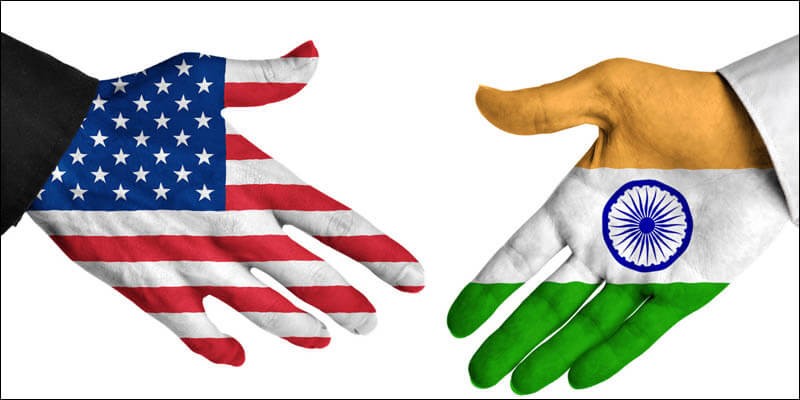Free Courses Sale ends Soon, Get It Now


Free Courses Sale ends Soon, Get It Now



Disclaimer: Copyright infringement not intended.
Context: Union Minister of Commerce and Industry Shri Piyush Goyal visited Washington D.C. to participate in the 13th Ministerial Meeting of the India-U.S. Trade Policy Forum.
Details:
Highlights of the 13th India – USA TPF 2023 discussions are as follows:
Recent developments:
Bilateral engagement between India and the U.S.:
High-level dialogue mechanisms between India-U.S.:
India and the U.S. have more than 50 bilateral inter-governmental dialogue mechanisms for the exchange of views on issues of mutual interest. A number of such dialogue mechanisms are held at the Ministerial level including:
Defence:
Counter-terrorism and internal security:
Trade and Economic:
Energy:
Civil Nuclear Cooperation:
S&T/Space:
Indian Diaspora:
Four foundational agreements:
https://pib.gov.in/PressReleasePage.aspx?PRID=1890613
© 2024 iasgyan. All right reserved